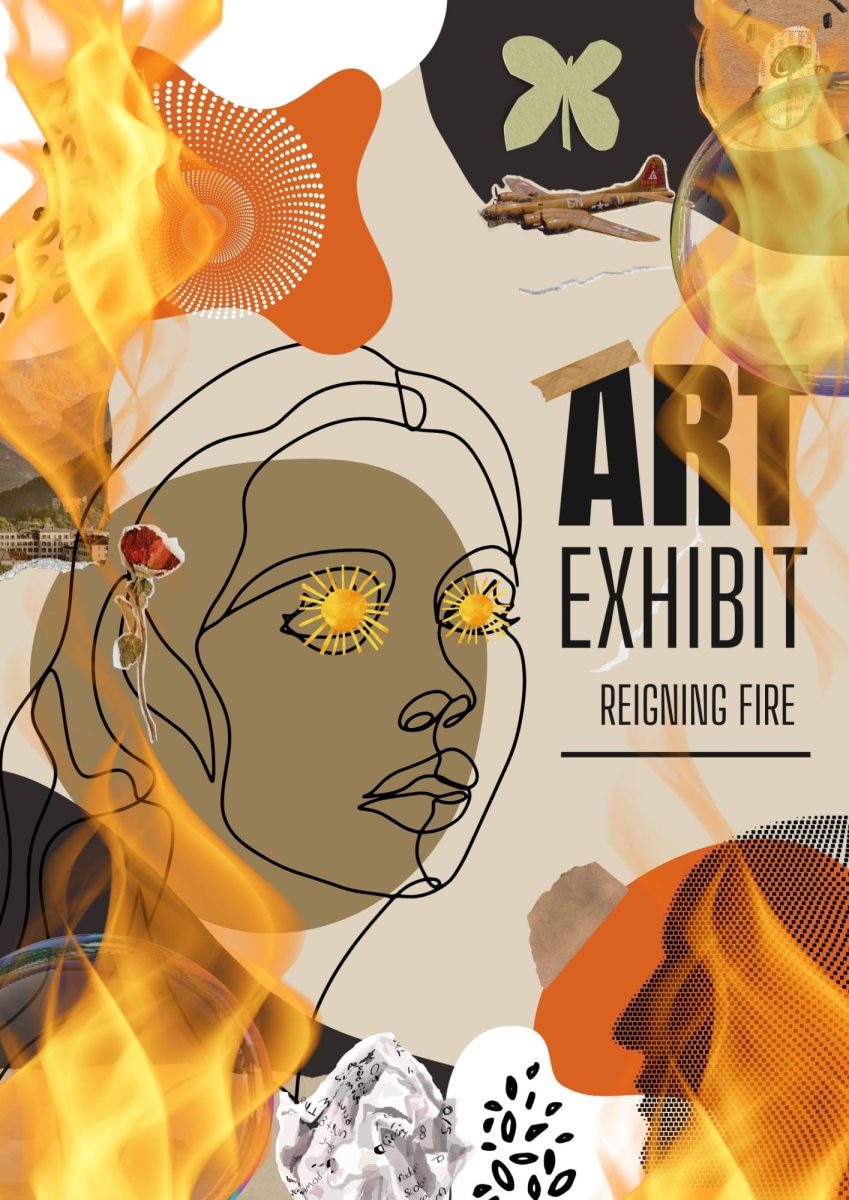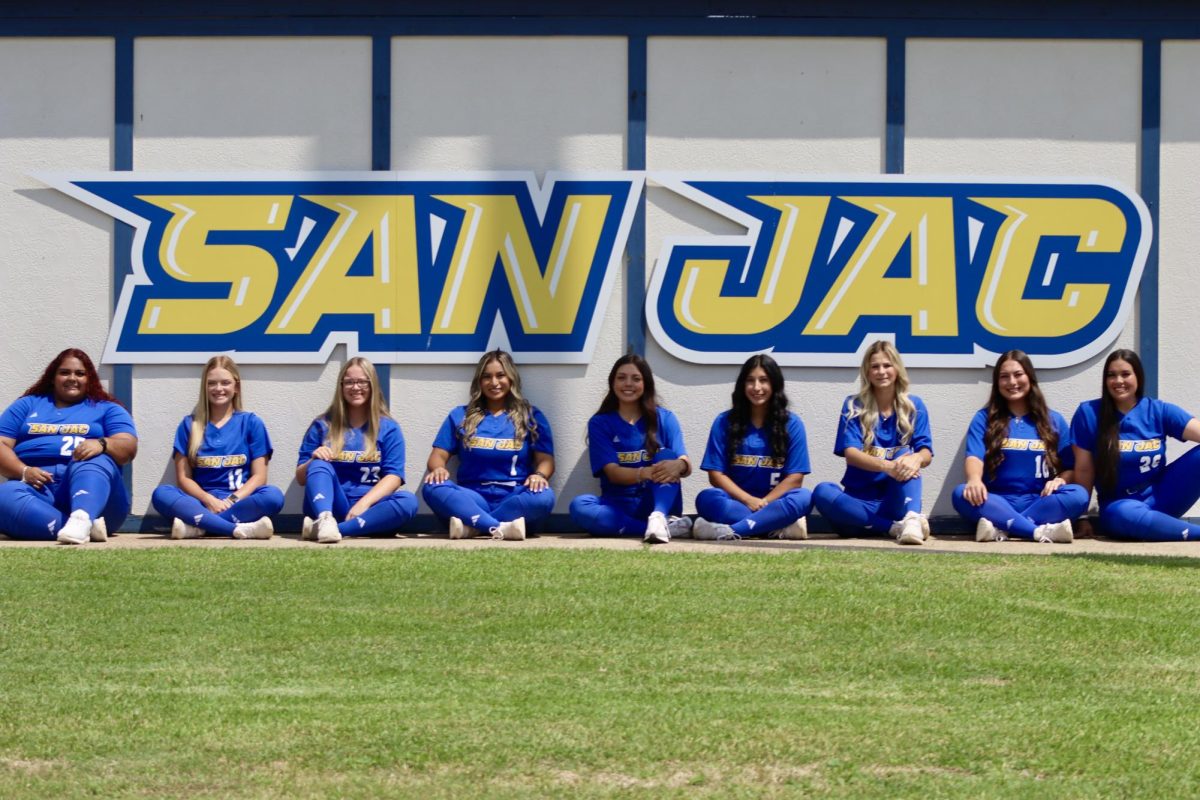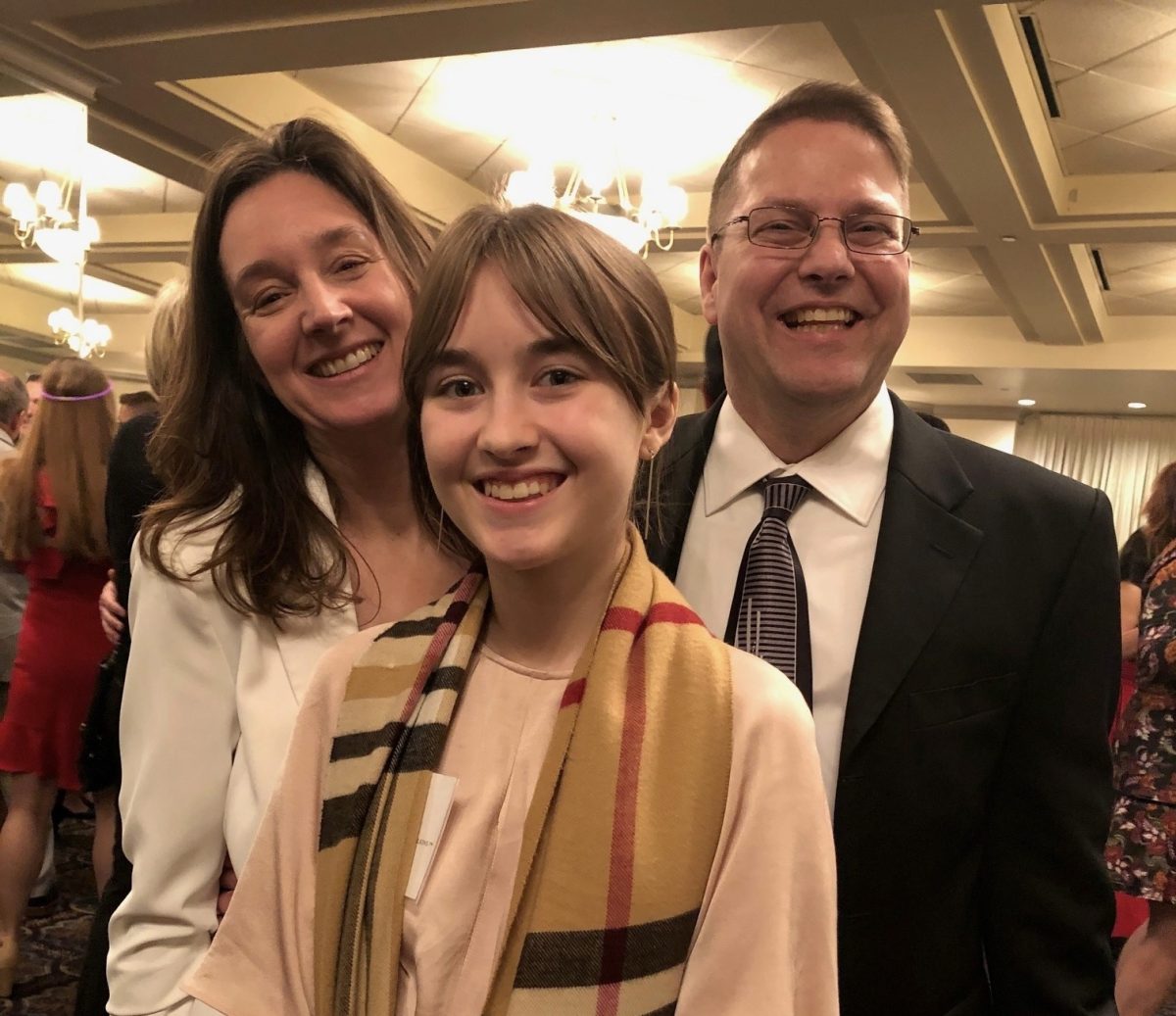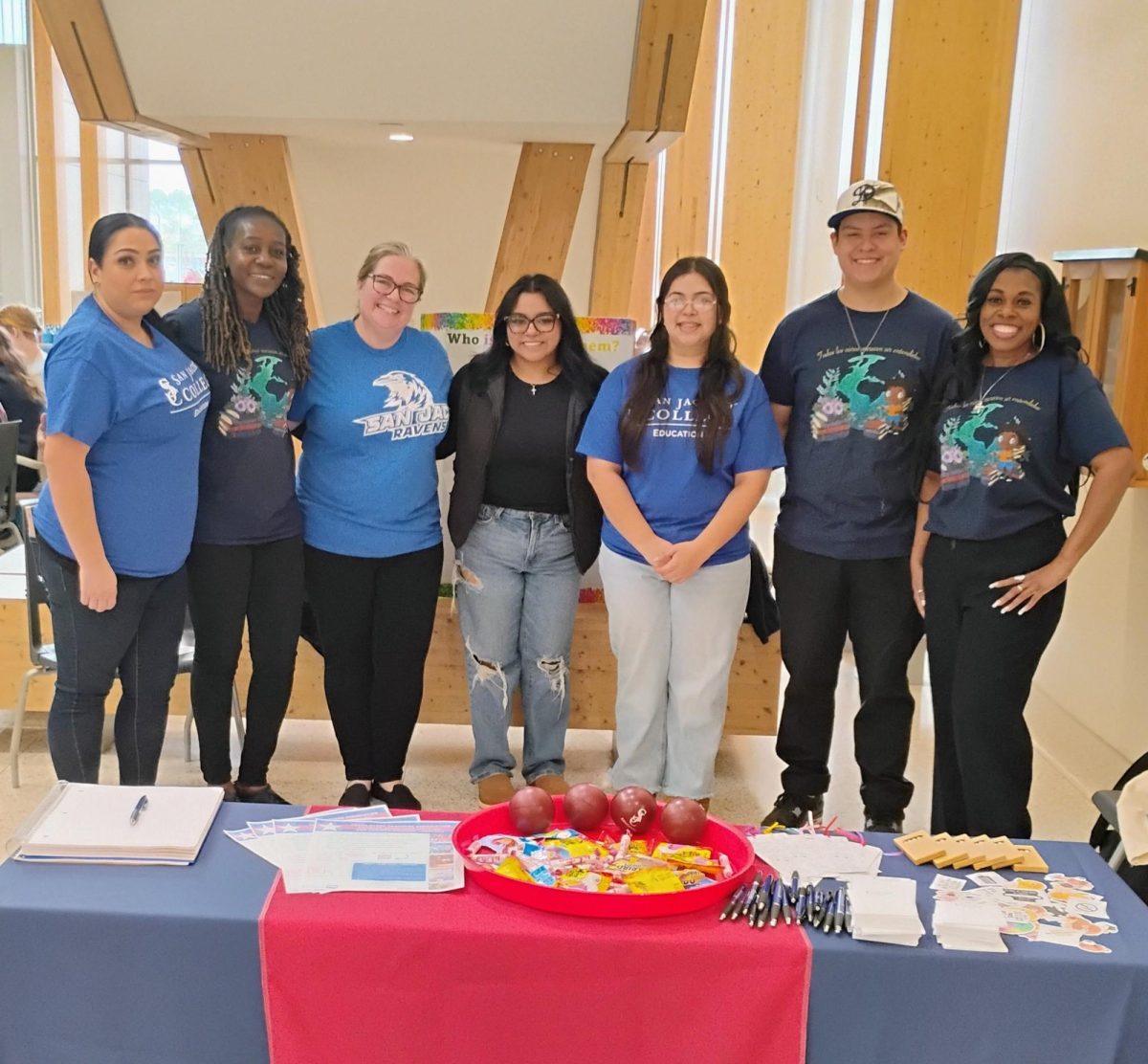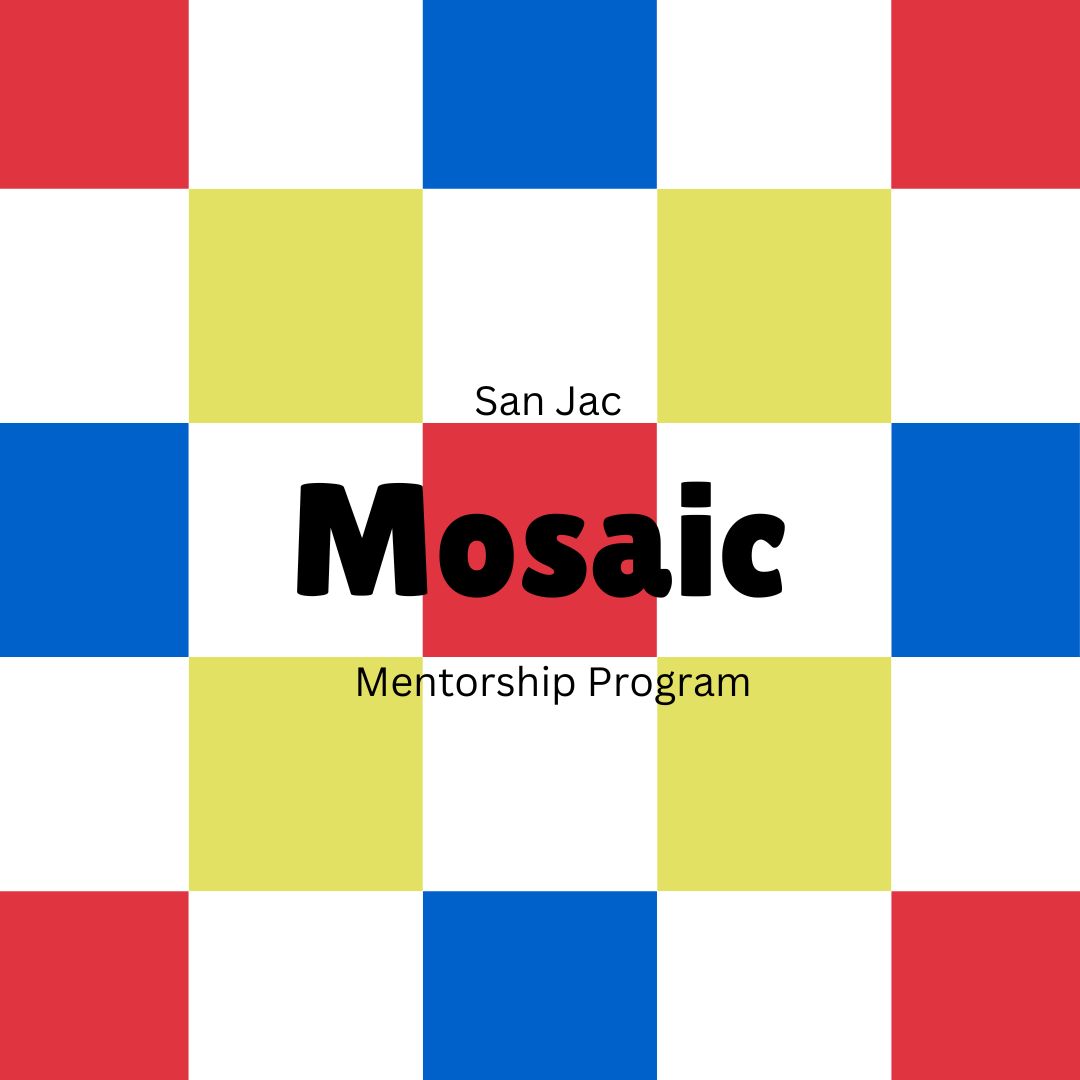Central campus Steel Band performs original music from renowned composer
The San Jacinto College Central Campus Steel Band brought to life acclaimed composer Phil Hawkins’ original score, “The Pebbles” Nov. 8 in the Slocomb auditorium.
Central campus music professor Michael Mizma contacted the renowned musician and engineer to compose the music for the concert.
“When I commission composers, it’s because I trust their musical instincts. I put a hundred percent of my trust in them,” Mizma said.
Mizma met Hawkins through a mutual musician friend who went to the same school as Hawkins.
This is not the first collaboration between Hawkins and San Jac. The SJC Central Steel Band performed a concert featuring Hawkins’ music in 2009.
Mizma reached out to Hawkins in January to ask whether he could compose the music for the band’s fall show. Hawkins agreed and began working on it over the summer.
Award-winning choral director and music educator, Michelle Hawkins also contributed to the writing of “The Pebbles.” It was the first time Hawkins and his wife collaborated on a piece.
“I’ve done a lot of vocal arrangement but never composing,” Michelle Hawkins said.
Phil Hawkins said he enjoyed collaborating with his wife on the composition. “It was really fun for us,” he said.
Hawkins said “The Pebbles” is based on his daughter Marcena, a very observant girl who finds beautiful pebbles in a stream and wants to hold on to their beauty. She starts collecting them, but in doing so, she realizes once she taking the pebbles from the stream makes them lose their beauty. They are no longer beautiful pebbles in a stream; they are just pebbles in a bag Phil Hawkins said.
“The more we try to hold on to theses things that are valuable, the less we can enjoy the beauty of it,” he said.
Hawkins said he had that story in his head for the composition before he began writing the music, and set aside time during a trip to Mexico with his family strictly for composing. But, he and his family became very ill, and he could not use that time to work.
“I can’t tell you how this thing got written. I don’t know… a lot happened, and I can’t even tell you how it happened,” Phil Hawkins said.
To make up for lost time, he said he stayed up late composing every night for weeks. Struggling to write the music, Hawkins said he finally found a rhythm when he stopped judging his own music.
“I let the ideas flow without any filter, no matter how crappy the ideas are; then go back and clean it up,” he said.
Hawkins advised his wife to do the same when writing the choral part of the composition.
“Phil told me to just try to do something and not judge it,” Michelle Hawkins said.
“She took whatever I made, and she made it work,” Phil Hawkins said, “or completely rewrote it in some cases, and I was completely okay with what she would write.”
He said there is a heavy Brazilian influence in his composition and when writing, he wants to connect the story to the music; not just put notes on a page.
“I think people respond most to honesty, more than anything else. I like to write music that I like,” Phil Hawkins said, “I never think of the theory. I just write what I feel.”




